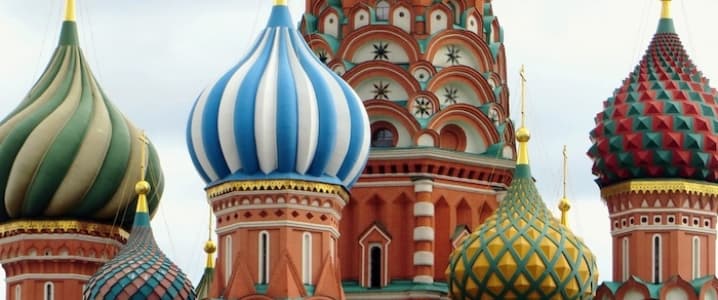The fact that Russia and most OPEC members are happy at different oil price levels has never been a secret. Now, President Putin has said it as bluntly as possible: Russia does not need oil prices to be as high as Saudi Arabia does. Though no surprise, this comment would certainly fuel more anxiety among traders as the next OPEC+ meeting approaches. That meeting should set the course for the group through the rest of the year.
“This is natural,” Putin told media as quoted by Reuters. “Look at the price of a barrel, which Saudi Arabia uses to calculate its budget. This is significantly higher than for us.”
Indeed, Russia’s budget for this year is based on an average price of US$40 per barrel of crude as Moscow continues its cautious budgeting approach after the fallout of the 2014 price crisis. Saudi Arabia, on the other hand, needs oil at US$80-85 per barrel to break even this year.
Again, there is nothing new here. Unlike with the first production cut agreement sealed in 2016, when prices were too low for anyone’s comfort, Russia was this time around reluctant from the start, not least because its oil companies were doing just fine in a lower price environment and wanted to continue to pump more rather than arrest their production growth.
This sentiment has not changed: earlier this week Rosneft’s head Igor Sechin said the company would seek compensation from Moscow if it decided that Russia will join an extension of the production cuts until the end of the year.
“Does it make sense (for Russia) to reduce (oil output) if the U.S immediately takes (our) market share?” Sechin said. “We have to defend our market share.” Related: China's Biggest Weapon In The Trade War
The market share issue is of universal concern, of course, with OPEC members too having to balance their interests between getting as high a price for their crude as they need but without compromising their market share. Here, U.S. sanctions against Iran and Venezuela have helped both Russia and its OPEC partners. And yet, the World Bank just downgraded its GDP growth forecast for Russia because of the production cuts.
Truth be told, Russia never cut its production as much as it had agreed to, at least not until a major chlorine contamination forced it to cut production until the problem was dealt with. Yet this will be a temporary reduction unless Moscow decides to join the cuts for another six months.
Signals remain mixed, with First Deputy PM Anton Siluanov last month telling media things could play out either way, noting there were good arguments both for and against an extension of the cuts. Now, Putin’s comments could be deemed the final decision if they were a decision. However, they are more of a hint, which is not atypical.
Besides noting the difference in oil prices that would make Russia and Saudi Arabia happy, Putin said the OPEC+ club must also take into account the production situation in Iran, Venezuela, Libya, and Nigeria as well. This basically translates into a suggestion that Russia, at least, does not need further cuts. Even so, speculating about what OPEC+ will decide at its next meeting is pointless at this stage. The increasingly dysfunctional cartel, as Bloomberg’s Julian Lee pointed out in a recent commentary, has effectively allowed Russia to call the shots overlooking or ignoring the fact it has its own national interests in oil that are not necessarily in agreement with OPEC’s.
ADVERTISEMENT
By Irina Slav for Oilprice.com
More Top Reads From Oilprice.com:
- Exxon’s Shareholders Reject Climate Resolution
- The No.1 Reason Why Investors Are Shunning Energy Stocks
- Shale Drillers Keep On Falling Into The Same Trap


















